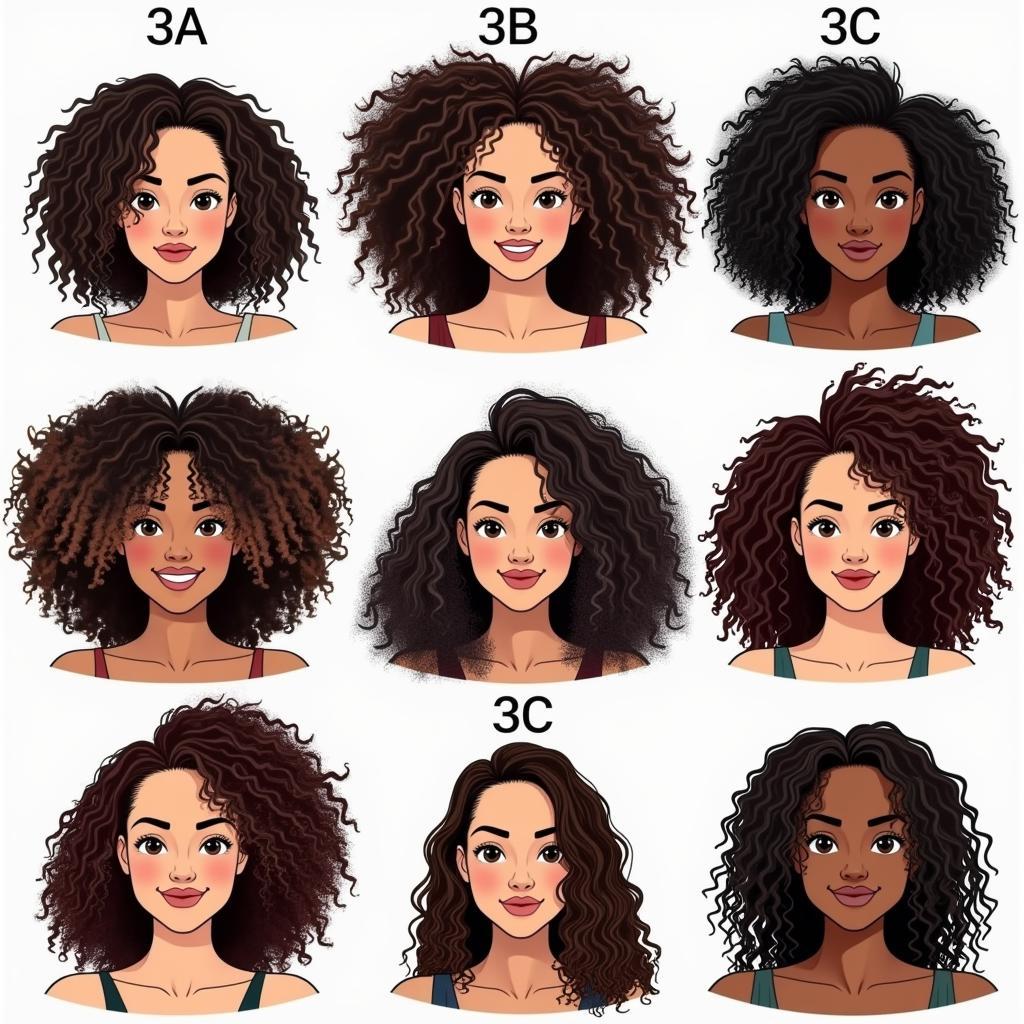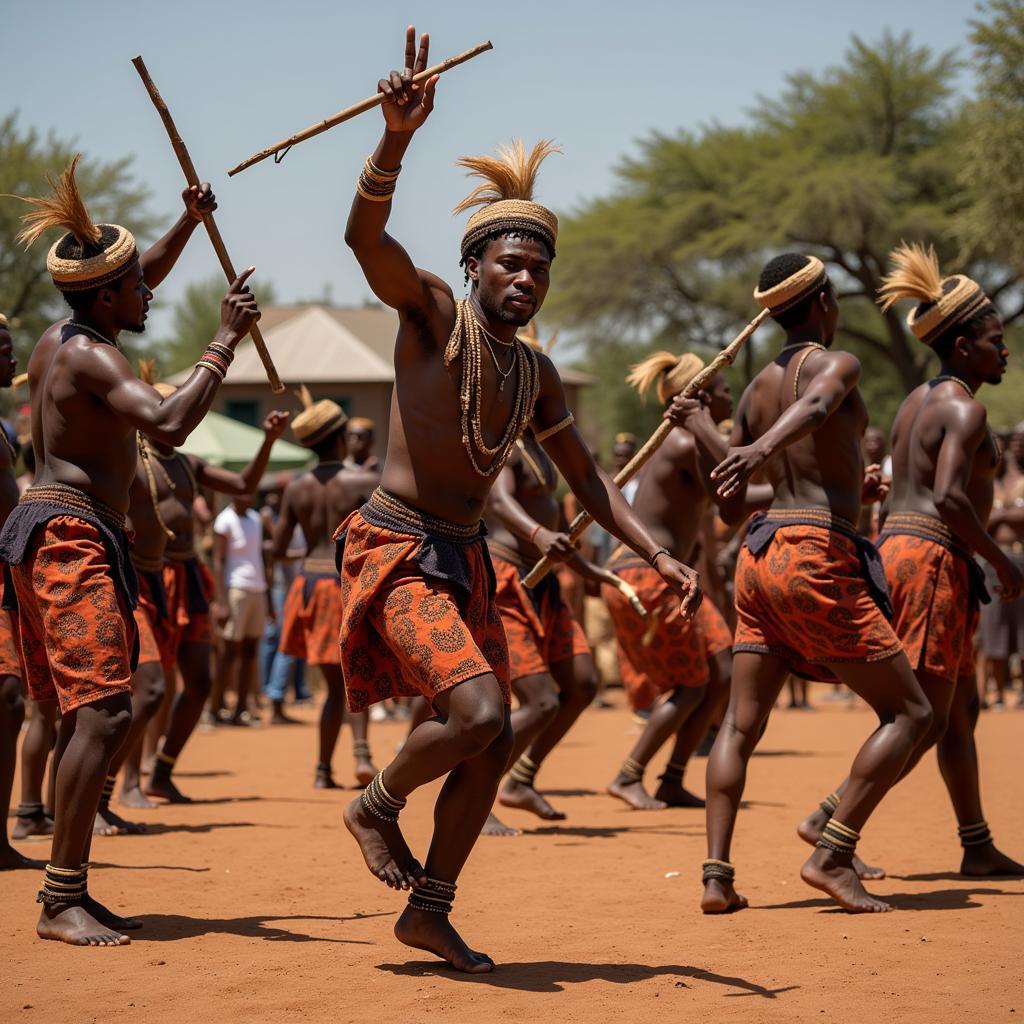African Countries Currency and Capital: A Comprehensive Guide
Learning about the currencies and capitals of African countries can be an exciting journey into the rich tapestry of this diverse continent. Each nation boasts its unique history, culture, and economic landscape reflected in its currency and capital city.
Exploring Africa’s Capitals and Currencies
Africa is a continent of vast diversity, with 54 independent countries, each with its own unique currency and capital city. This guide will provide you with a comprehensive overview of the currency and capital of each African nation.
Currency and Capital of Each African Country:
| Country | Currency | Capital City |
|---|---|---|
| Algeria | Algerian dinar (DZD) | Algiers |
| Angola | Angolan kwanza (AOA) | Luanda |
| Benin | West African CFA franc (XOF) | Porto-Novo |
| Botswana | Botswana pula (BWP) | Gaborone |
| Burkina Faso | West African CFA franc (XOF) | Ouagadougou |
| Burundi | Burundi franc (BIF) | Gitega |
| Cabo Verde | Cape Verdean escudo (CVE) | Praia |
| Cameroon | Central African CFA franc (XAF) | Yaoundé |
| Central African Republic | Central African CFA franc (XAF) | Bangui |
| Chad | Central African CFA franc (XAF) | N’Djamena |
| Comoros | Comorian franc (KMF) | Moroni |
| Democratic Republic of the Congo | Congolese franc (CDF) | Kinshasa |
| Republic of the Congo | Central African CFA franc (XAF) | Brazzaville |
| Côte d’Ivoire | West African CFA franc (XOF) | Yamoussoukro |
| Djibouti | Djiboutian franc (DJF) | Djibouti City |
| Egypt | Egyptian pound (EGP) | Cairo |
| Equatorial Guinea | Central African CFA franc (XAF) | Malabo |
| Eritrea | Eritrean nakfa (ERN) | Asmara |
| Eswatini | Swazi lilangeni (SZL) | Mbabane |
| Ethiopia | Ethiopian birr (ETB) | Addis Ababa |
| Gabon | Central African CFA franc (XAF) | Libreville |
| Gambia | Gambian dalasi (GMD) | Banjul |
| Ghana | Ghanaian cedi (GHS) | Accra |
| Guinea | Guinean franc (GNF) | Conakry |
| Guinea-Bissau | West African CFA franc (XOF) | Bissau |
| Kenya | Kenyan shilling (KES) | Nairobi |
| Lesotho | Lesotho loti (LSL) | Maseru |
| Liberia | Liberian dollar (LRD) | Monrovia |
| Libya | Libyan dinar (LYD) | Tripoli |
| Madagascar | Malagasy ariary (MGA) | Antananarivo |
| Malawi | Malawian kwacha (MWK) | Lilongwe |
| Mali | West African CFA franc (XOF) | Bamako |
| Mauritania | Mauritanian ouguiya (MRU) | Nouakchott |
| Mauritius | Mauritian rupee (MUR) | Port Louis |
| Morocco | Moroccan dirham (MAD) | Rabat |
| Mozambique | Mozambican metical (MZN) | Maputo |
| Namibia | Namibian dollar (NAD) | Windhoek |
| Niger | West African CFA franc (XOF) | Niamey |
| Nigeria | Nigerian naira (NGN) | Abuja |
| Rwanda | Rwandan franc (RWF) | Kigali |
| São Tomé and Príncipe | São Tomé and Príncipe dobra (STD) | São Tomé |
| Senegal | West African CFA franc (XOF) | Dakar |
| Seychelles | Seychellois rupee (SCR) | Victoria |
| Sierra Leone | Sierra Leonean leone (SLL) | Freetown |
| Somalia | Somali shilling (SOS) | Mogadishu |
| South Africa | South African rand (ZAR) | Pretoria |
| South Sudan | South Sudanese pound (SSP) | Juba |
| Sudan | Sudanese pound (SDG) | Khartoum |
| Tanzania | Tanzanian shilling (TZS) | Dodoma |
| Togo | West African CFA franc (XOF) | Lomé |
| Tunisia | Tunisian dinar (TND) | Tunis |
| Uganda | Ugandan shilling (UGX) | Kampala |
| Zambia | Zambian kwacha (ZMW) | Lusaka |
| Zimbabwe | Zimbabwean dollar (ZWL) | Harare |
The Role of Currency and Capital Cities in African Development
“The currency and capital city of a nation are symbolic of its economic and political identity,” explains Dr. Amina Diallo, an economist specializing in African Development. “They represent the nation’s aspirations for growth and stability.”
The currency serves as a vital tool for trade and economic activity. It reflects the nation’s economic health and its influence on the global market. The capital city, as the seat of government, plays a crucial role in policymaking and driving national development.
Understanding the Currency and Capital: A Key to African Travel
For travelers, knowing the currency and capital of a country is essential for smooth navigation. You can easily exchange currencies at designated exchange bureaus or banks within each country.
Travelers often visit capital cities for their historical significance, cultural attractions, and vibrant city life. Whether you are exploring historical monuments, indulging in local cuisine, or experiencing the city’s nightlife, understanding the currency and capital city helps enhance your travel experience.
Key Factors Affecting African Currencies
Several factors influence the value of currencies in African countries. These include:
- Economic growth: Strong economic performance often leads to a stronger currency.
- Political stability: A stable political environment fosters investor confidence and strengthens the currency.
- International trade: Increased exports can boost currency value, while reliance on imports can weaken it.
- Natural resource prices: Countries with abundant natural resources can see their currency fluctuate based on global commodity prices.
Frequently Asked Questions
- What is the most commonly used currency in Africa? The West African CFA franc (XOF) is the most widely used currency in Africa, followed by the South African Rand (ZAR).
- Are there any African countries with multiple currencies? No, all African countries have a single official currency.
- How can I exchange money in an African country? You can exchange money at banks, currency exchange bureaus, or hotels.
Conclusion
Understanding the currencies and capitals of African countries is crucial for travelers, investors, and anyone interested in this dynamic continent. As you explore the diverse landscape of Africa, remember that each country’s currency and capital city hold unique stories waiting to be discovered.


